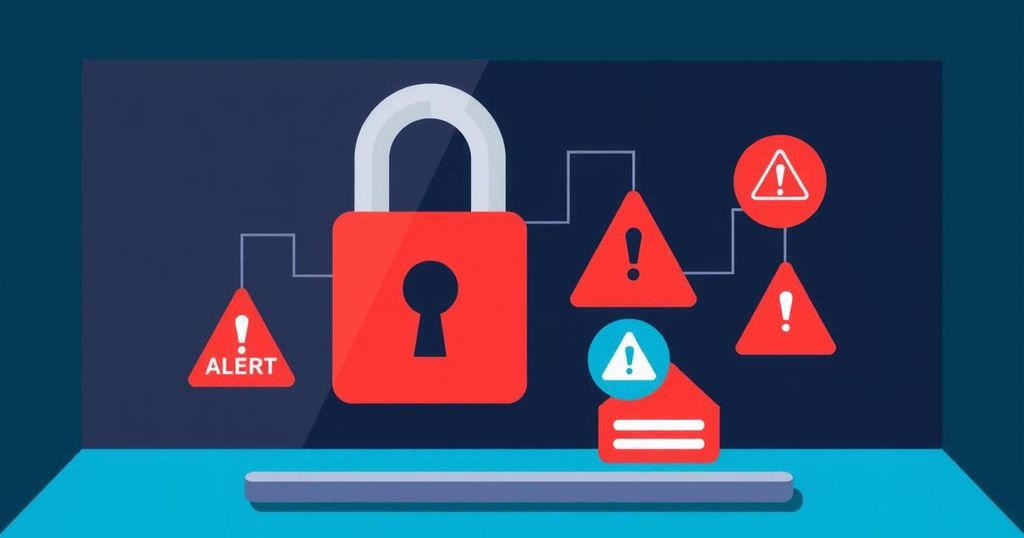Beware of Evolving Crypto Scams on Social Media
A new type of crypto scam has emerged, where scammers shift from WhatsApp to Direct Messages on X, using deceptive tactics to lure victims. This includes sending fake login details for financial accounts and enticing messages about easy prizes like $500. Individuals are advised to be wary of unsolicited messages and utilise security apps like Malwarebytes to safeguard against malicious activity.
Crypto scams are evolving, with a recent technique observed in 2024 where scammers have shifted from WhatsApp to Direct Messages on X. They continue to use familiar tactics, such as sending alleged login information for a fake financial account. For instance, a message may state, “Sean, your financial management account has been opened. {account details}. Please keep your account password safe and do not share it with anyone.”
A notable change in strategy involves a new group of scammers enticing victims to “follow” them for fake prizes like $500. The message typically reads, “Follow me to unlock a lucky prize! Click the link below to claim $500! No conditions, just follow me!” Victims receive login details for a fake crypto exchange, creating an illusion of access to a significant wallet.
The deceit here is that while victims believe they can transfer funds to their own wallets, the account details they received may have been sent to many others as well. Ultimately, victims are asked to purchase a VIP account to complete transactions. This is the central mechanism of the scam.
To protect against such scams, it is imperative to treat unsolicited Direct Messages from unknown sources with suspicion, regardless of the tone. Most scams begin with seemingly innocuous messages. Avoid clicking on links from untrusted sources. The adage “if it sounds too good to be true, it probably is” holds, as scammers rely on the emotional investment of their targets to drive them towards the desired outcome.
Utilising web filtering applications like Malwarebytes Premium or Malwarebytes Browser Guard can help safeguard against known malicious websites. In response to these scams, Malwarebytes currently blocks several domains, including:
– oxlop[.]com
– bjscx[].com
– bjtlm[.]com
– bmstw[.]com
Malwarebytes not only identifies these threats but actively works to remove them. Cybersecurity risks should not merely be considered news; they require immediate action. Protect your devices by downloading Malwarebytes today.




Post Comment